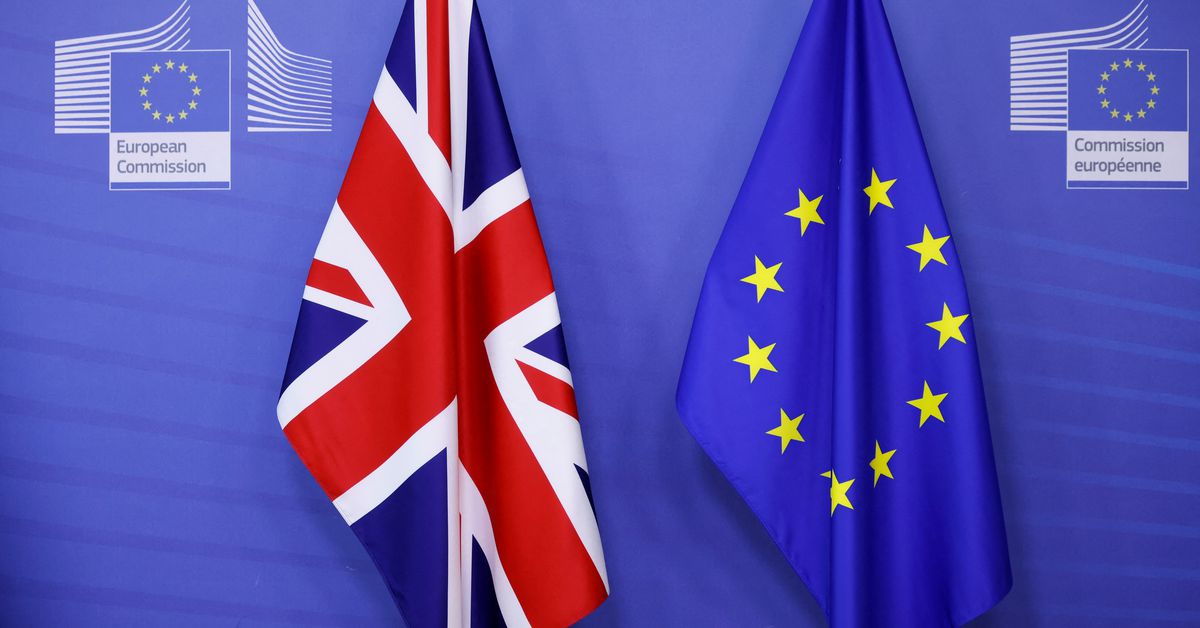57% of Britons said the decision to leave the European Union in 2016 was the wrong one, compared with 32% who thought it was correct.
More than half - 55% - said they would vote to remain in the EU, against 31% who said they would stay out, if the referendum were to be held again.



This debate always takes on a snarky tone but I’d like some serious consideration for what went wrong and how to avoid it in future.
First, what went wrong? Why did more than half the country vote to leave the EU? It’s far too easy to hand wave this away by blaming it on social media or Russian interference. Calling everyone who voted for brexit a lemming or idiot is clearly inaccurate and lacking any evidence. People made an informed decision and exercised their democratic right. Why? As best I can tell, people were hurting. Decades of neoliberal policies squeezed the middle and lower classes and enriched the wealthy. Part of the reason for people hurting was high migration. The UK has had sustained high migration for decades. This has placed enormous pressure on everything from healthcare services to the cost of housing, which is astronomically expensive now compared to just 20 years ago. Wages were suppressed, and working conditions made worse, while diminishing the bargaining power of locals. At the same time, all of the cheap foreign labour led to significant wealth accrual by business owners. In other words, all of the benefits of high migration were taken by the wealthy, and all of the costs were borne by the lower classes. This led to resentment, and the vote we saw.
So how to prevent this in future? Both major parties were and arguably are in favour of continued high migration, leaving few options for the population to express their dissatisfaction. The first opportunity they were given resulted in what many have described as a “protest” vote. I’m not convinced that restricting future referenda is the answer. Quite the opposite. The UK needs more democracy, not less. I believe the issue is first past the post (FPP). In most other European nations with proportional representation, they haven’t come close to a brexit vote. This is because there is always a party which appears to cater for political preferences. Don’t like high migration? Here is a party created just for you! And we see just this in many European nations. This lets off the democratic steam and gives voice to the concerns of voters. These minor parties can then use their votes to negotiate for their issues, and arrive at a compromise. This is the key issue with brexit: it was all or nothing. The party in power used their unilateral power to initiate a generation spanning action.
tl;dr: the UK desperately needs to transition to proportional representation. So too does the U.S.
Yep. FPTP led people to feel unrepresented, because, well, they are. Why they let themselves be fooled into blaming foreigners (EU+immigrants), not crap government, I don’t get, or forgive, but if we get out of FPTP, it won’t all be for nothing.
Err… Can you stay on topic please, this is a thread about bashing stupid Brexitiers and laughing at them not for balance and nuance. /s 😉
Scrap FPTP! Absolutely! I had high hopes that Labour would be bold enough to campaign on this but they have chickened out. Without their support we’re in for more of the same sadly. The two main parties just want to hold onto power.
Sorry to be pedantic, but only about 37% of the voting population voted to leave the EU. 34% voted to stay and 29% didn’t vote.
It maddens me when Brexiteers scream “the majority of us voted to leave!” when it’s far from the case.
This is because that’s how democracy works. Most nations don’t force their citizens to vote. Leaders and decisions are decided by the balance of votes of those who actually bothered to vote. If the standard were 50% of more of the potential voting public, most governments would be in perpetual gridlock.